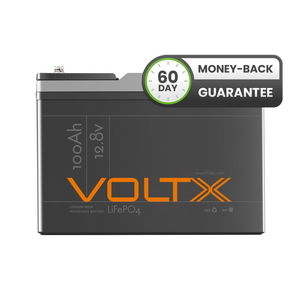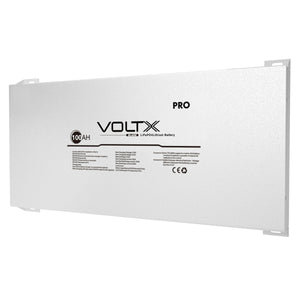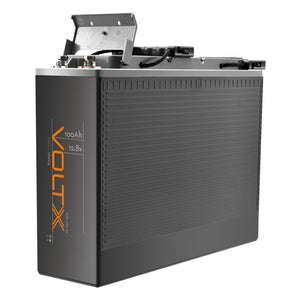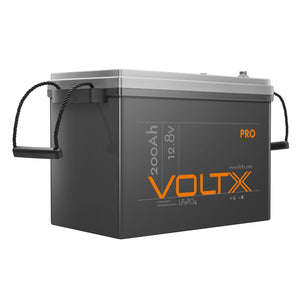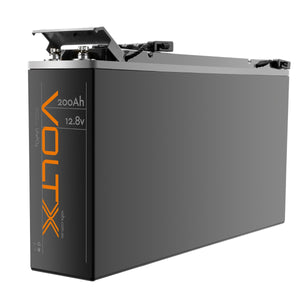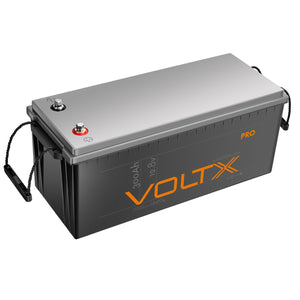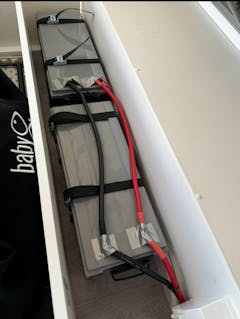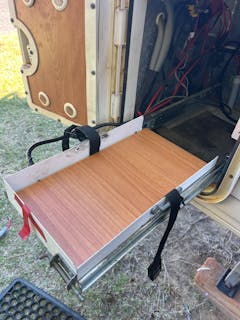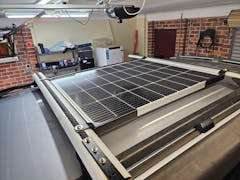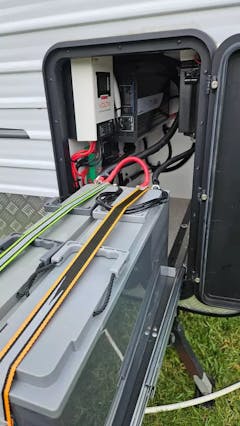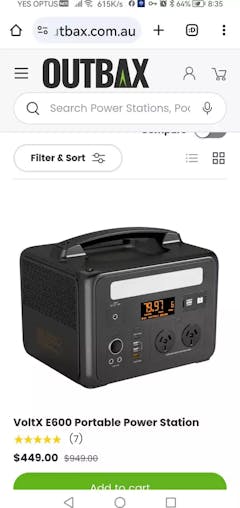Solar batteries represent a critical component in modern renewable energy systems, providing the essential storage capacity that transforms intermittent solar power into a reliable, around-the-clock energy solution. For off-grid installations, these storage units aren't merely beneficial—they're absolutely fundamental. Even grid-connected systems benefit enormously from quality battery storage by maximising self-consumption and providing backup during outages.
Among the various technologies available today, the LiFePO4 solar battery stands out as a particularly advanced option, offering superior performance characteristics ideal for demanding off-grid solar system applications. Outbax offers a comprehensive range of high-performance solar batteries, including the 200Ah Slimline Solar Battery and 100Ah Pro Series Battery, empowering Australians to achieve energy independence through reliable, efficient energy storage.
Why Choose Solar LiFePO4 Batteries?
LiFePO4 (Lithium Iron Phosphate) technology represents the cutting edge of solar battery innovation, offering a transformative upgrade from traditional lead-acid alternatives. These advanced batteries deliver exceptional value through their remarkably extended lifespan—typically supporting 2,000-5,000 charge cycles compared to just 300-500 cycles for conventional batteries. Beyond longevity, LiFePO4 batteries pack significantly higher energy density into a smaller, lighter package, charge substantially faster, and maintain consistent power output even during high-demand situations.
Their chemistry is inherently more stable and safer, with minimal risk of thermal runaway or combustion even under extreme conditions. LiFePO4 batteries excel particularly in deep cycle applications, where their ability to regularly discharge to 80-90% capacity without degradation makes them the definitive battery for solar system reliability, especially when powering critical equipment in remote locations.
Selecting the Right Solar Battery Capacity and Voltage
Determining the appropriate battery capacity and voltage for your solar setup requires careful consideration of your specific energy requirements. Most residential and small-scale systems operate at 12V, though larger installations may utilise 24V or 48V configurations for improved efficiency. Battery capacity, measured in ampere-hours (Ah), directly correlates with the amount of energy storage available—popular options include 100Ah units ideal for camping or small off-grid applications, 200Ah models suited for moderately-sized systems, and robust 300Ah Slimline batteries designed for substantial solar battery capacity for larger home installations.
When calculating your needs, assess both your daily energy consumption and desired autonomy during low-sunlight periods. For example, a 200Ah battery could power essential appliances in a small cottage for 1-2 days without recharging. Remember that efficient charging also requires a quality solar charge controller to regulate the energy generated by your solar panels, which will then flow into your battery.
Finding Quality Solar Batteries for Sale
Securing high-performance solar batteries requires careful supplier selection, as the quality of your energy storage directly impacts system reliability and longevity. When exploring solar batteries for sale, prioritise established suppliers with demonstrated expertise in renewable energy products and positive customer feedback. Outbax offers an extensive collection of premium LiFePO4 solar battery options in various capacities to match diverse energy requirements.
While initial investment in quality LiFePO4 batteries may exceed alternative technologies, their superior cycle life, minimal maintenance requirements, and exceptional performance characteristics deliver significantly better long-term value. The substantial difference between a quality solar battery and a substandard option becomes particularly evident during challenging conditions or when powering critical equipment, making the investment in premium products a fundamentally sound decision for system reliability.
At Outbax, we are committed to providing high-quality solar batteries that ensure reliable, long-lasting energy storage for all your off-grid needs. Explore our range of premium solar solutions today and experience the difference of investing in top-tier technology built for Australian conditions.
Maintenance Tips for Long-Term Reliability
To maximize the lifespan and efficiency of your LiFePO4 solar batteries, follow these essential maintenance practices:
Regularly inspect the battery terminals to ensure they are clean and securely connected, preventing corrosion that can compromise performance. Use chargers and charge controllers designed specifically for LiFePO4 batteries to avoid overcharging or undercharging, which can reduce their lifespan. Monitor the voltage levels periodically to ensure the batteries operate within the recommended range, preserving their health. Store batteries in a cool, dry location and maintain a charge level of 50-80% when they are not in use for extended periods to prevent capacity degradation. Additionally, avoid discharging the battery below 20% of its capacity, as this helps maintain its cycle life and overall reliability. Following these practices will not only enhance your battery's performance but also ensure it remains covered under a 5-year warranty.
For related articles: Key Tips for an Effective Solar Battery Storage Setup
Frequently Asked Questions
- How to charge LiFePO4 battery with solar?
- How long does a LiFePO4 battery last?
- Can LiFePO4 batteries catch fire?
